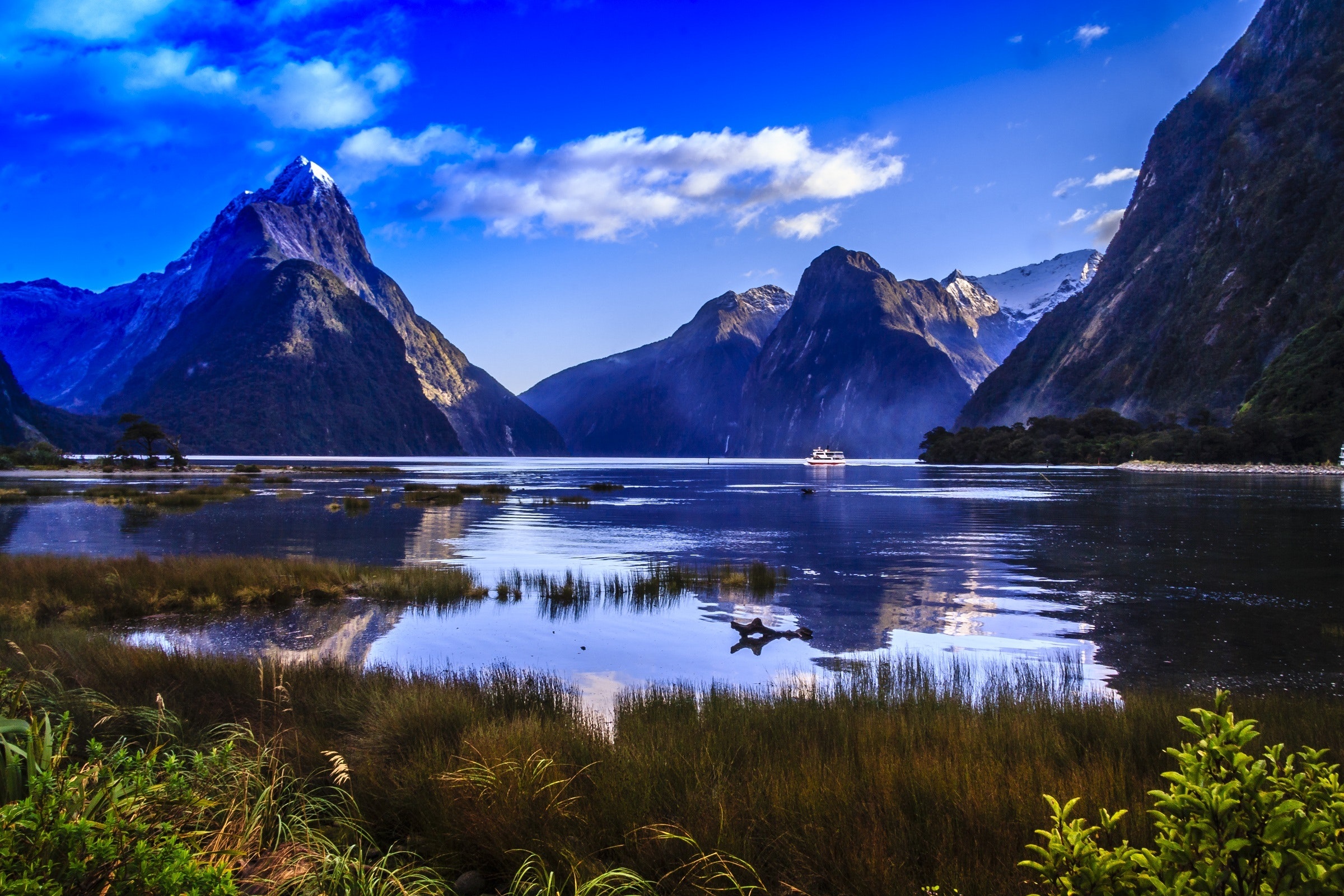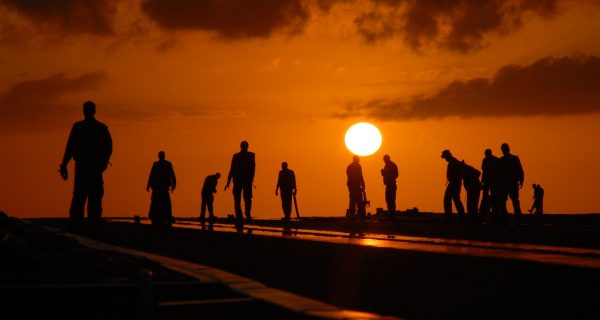Immigration To New Zealand
New Zealand is a country of stunning and diverse natural beauty: jagged mountains, rolling pasture land, steep fiords, pristine trout-filled lakes, raging rivers, scenic beaches, and active volcanic zones. These islands are one of Earth’s most peculiar bioregions, inhabited by flightless birds seen nowhere else such as a nocturnal, burrowing parrot called the kakapo and kiwi. Kiwi is not only one of the national symbols – the others being the silver fern leaf and koru – but also the name New Zealanders usually call themselves.
With a population of nearly 4.5 million in a country larger than the United Kingdom, these islands are sparsely populated, particularly away from the North Island, but easily accessible. There are sparklingly modern visitor facilities, and transport networks are well developed with Airports throughout the country and well-maintained highways. New Zealand often adds an adventure twist to nature: it’s the original home of jet-boating through shallow gorges, and bungee jumping off anything high enough to give a thrill.
Māori culture continues to play an important part in everyday life and government and corporate symbolism with abundant opportunities for visitors to understand and experience both the history and present-day forms of Māori life.
New Zealand is a developed country and ranks highly in international comparisons of national performance, such as quality of life, health, education, and economic freedom. The country underwent major economic changes during the 1980s, which transformed it from a protectionist to a liberalized free-trade economy. The service sector dominates the national economy, followed by the industrial sector, and agriculture. International tourism is a significant source of revenue.
Immigrating to New Zealand has become a dream for business investors, students, and tourists. There are many reasons that going to New Zealand has become a dream of so many people. New Zealand consistently features amongst the very top best countries in the world to live in. New Zealand was ranked 6th in the 2013 Human Development Index and 15th in The Economist’s 2005 Worldwide Quality of Life index. Most Recently, New Zealand was named the second most peaceful country in the world in The Economist’s Global Peace Index. All eight of New Zealand’s universities appeared in the top 500 QS World University Rankings 2015/16, with 50% of them in the top 250. Over 90% of expats think the quality of New Zealand education is similar or better than at home. New Zealand has a modern, prosperous, developed economy with an estimated GDP of US $128 billion. The country has a high standard of living with GDP per capita estimated at the US $32,000. Overseas workers are actively sought by employers in skill shortage occupations (over 150) in New Zealand, which has been highlighted as the world’s most prosperous country outside of Europe in the 2015 annual Legatum Prosperity Index. Investor policy provides New Zealand residence. It’s one of the least corrupt places in the world. New Zealand was ranked first on the 2017 Corruptions Perceptions Index. There is no ingrained class system in New Zealand, but more a belief in every individual’s ability to contribute to society in their own positive way.
Nationally, legislative authority is vested in an elected, unicameral Parliament, while executive political power is exercised by the Cabinet, led by the Prime Minister, who is currently Jacinda Ardern. Queen Elizabeth II is the country’s head of state and is represented by a governor-general, currently Dame Patsy Reddy. In addition, New Zealand is organized into 11 regional councils and 67 territorial authorities for local government purposes. The Realm of New Zealand also includes Tokelau (a dependent territory); the Cook Islands and Niue (self-governing states in free association with New Zealand); and the Ross Dependency, which is New Zealand’s territorial claim in Antarctica. New Zealand is a member of the United Nations, Commonwealth of Nations, ANZUS, Organization for Economic Co-operation and Development, ASEAN Plus mechanism, Asia-Pacific Economic Cooperation, and the Pacific Islands Forum. Consisting of two main islands – imaginatively named North Island and South Island and many smaller ones in the South Pacific Ocean, this archipelago lies 1,600km (1,000 mi) south-east of Australia. New Zealand is the fifth largest wholly island nation on earth, its land area surpassed only by Australia, Indonesia, Japan and the Philippines; NZ’s maritime Exclusive Economic Zone (EEZ) is fifteen times larger, being exceeded only by Australia in the preceding list.
Despite New Zealand’s ever-growing economy and motivated workforce, the country is still in need of skilled workers in various fields. The door is therefore open for workers from overseas to bring their skills to New Zealand and enjoy its unrivaled quality of life. o be eligible for immigration to New Zealand as a skilled migrant you must meet the basic visa requirements.T o be eligible you must be under 56 years of age; you, or you and your family, must meet all health, character, and English ability requirements; and you must be able to meet a pass mark of 100 points in the Points System to register an Expression of Interest. The Point System allows for Expressions of Interest to be ranked so applicants who have the most to offer can be extended an invitation for emigration to New Zealand. Points are offered based on Employability; Work experience; Qualifications; Family ties; and Age. Bonus points may also be awarded to applicants if they meet certain criteria.


